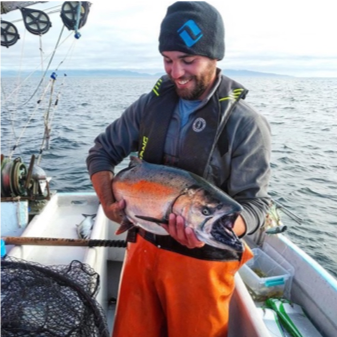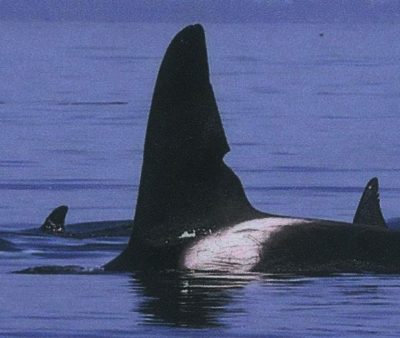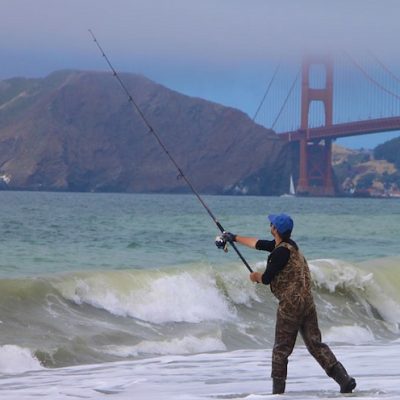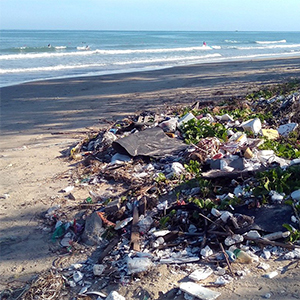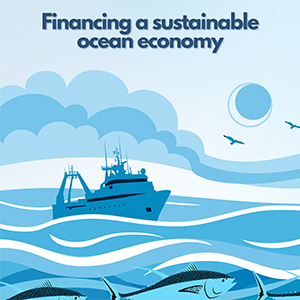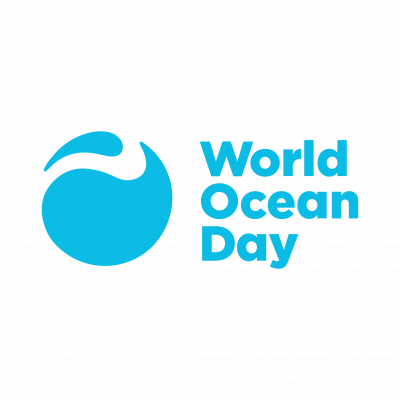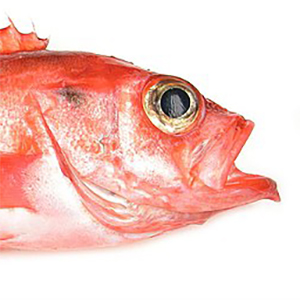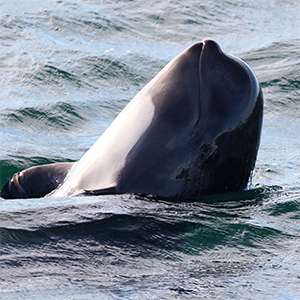Getting a step closer to understanding how Chinook salmon live
Stable isotope analysis can peel back the curtain to give scientists a view of where fish spend their time, what they’ve been eating, and how they are interacting with other species.
The Killers of California and Oregon
Thirteen years of photo-identification data of killer whales observed in California and Oregon provide new insights into the distribution and population structure of mammal-eating killer whales in the eastern North Pacific Ocean.
A few missing fish: US West Coast recreational and discarded catches
United States of America lacks international reporting of recreational catches and fish discarded at sea, which may hinder proper ecosystem-based management efforts
Marine biologist William Cheung named director of UBC Institute for the Oceans and Fisheries
The appointment is effective July 1, 2021 through June 30, 2026 with the possibility of an extension
PROFILE: Investigating ocean pollution to “provide solutions, not just answers to questions”
“Anthropogenic stressors are reshaping our ocean – it’s not the same ocean we had 30 or 40 years ago. As academics we need to provide solutions, not just answers to questions.”
Study identifies major barriers to financing a sustainable ocean economy
A Paris Agreement type effort may be required to financing a sustainable global ocean economy that benefits society and businesses in both developing and developed countries.
2021 World Ocean Week – June 7-11
We asked ocean researchers from the IOF to envision how the target of protecting at least 30% of the world’s oceans by 2030 might be achieved.
CITES can – and should – improve its remedial process for countries that tolerate unsustainable trade
“We did this study because we want to see CITES be all it can be.”
St. Lawrence fishery study tests the benefits of collaboration between scientists, government, management and industry members
Researchers had the opportunity to test the usefulness of a fashionable fisheries management tool called management strategy evaluation (MSE).
Partnership between researchers and whale-watch operators makes for big whale behaviour insights
Based on their findings, the researchers recommended that whale-watchers keep some distance from foraging areas to avoid disturbing the whales while they eat.
